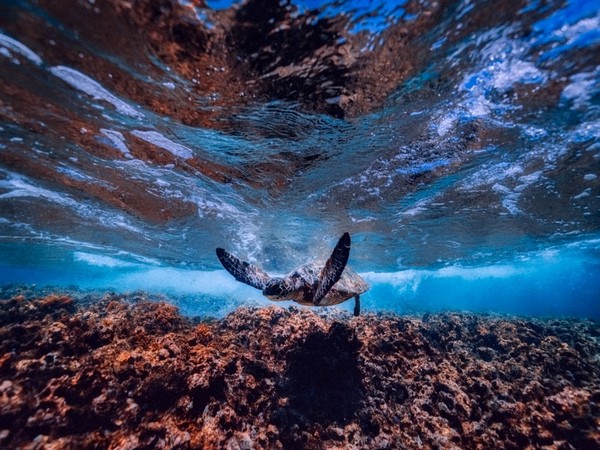Setting up mariculture parks would boost fish production, bolster nutritional security: Marine fisheries institute

- Country:
- India
The ICAR-Central Marine Fisheries Research Institute (CMFRI) has proposed that mariculture parks be set up across coastal districts in the country to enhance fish production to meet the growing demand for food and nutrition in the coming years.
The proposal was presented at a discussion held on the transformation of food systems based on aquaculture and fisheries, at the 16th Agricultural Science Congress (ASC) here.
According to CMFRI, mariculture parks can be set up in coastal districts where suitable sites have been identified for such activities, including marine cage fish farming and seaweed farming, an official statement said here on Friday.
CMFRI has identified 46,823.2 hectares of suitable sites for marine cage fish farming along Indian territorial waters and 333 prospective seaweed farming sites covering 23,950 hectares, a presentation made the at the ASC said. The top three coastal states with the maximum area suitable for sea cage farming are Andhra Pradesh (11,792 ha), Gujarat (11,572.2 ha), and Tamil Nadu (7,673 ha), it added.
Scientists hold the view that the parks will help avoid the scattered and unplanned expansion of sea farming, which can lead to disruption of the ecosystem, user conflicts, and other social issues.
Setting up the parks would boost the growth of the mariculture sector and promote the use of comprehensive planning, new production technologies, develop infrastructure, improve industry-pro policy making, and encourage the implementation of efficient marine spatial planning in conjunction with other maritime sectors, it said “Establishing mariculture technology parks in Indian territorial waters would pave the path for a sustainable blue economy by integrating indigenous mariculture technologies and fortifying the blue growth strategy envisaged by the Prime Minister of India,'' the CMFRI paper presented at the 16th ASC by Dr Suresh Kumar Mojjada said. As part of this, efforts are needed to improve and develop legislation and ocean accounting, it said.
''This would help achieve the intended socio-economic and ecological goals of the country through mariculture ventures,'' the paper further said.
The CMFRI has developed indigenous mariculture technologies for offshore and nearshore cage fish farming, bivalve farming, seaweed farming, integrated multi-trophic aquaculture practice, and a combined farming practice using either seaweed or bivalve with cage fish farming.
The importance of integrating fisheries management into climate adaptation plans by involving scientists, fishers, traders, processors, policy makers and other stakeholders to address the challenges posed by the climate crisis was also highlighted, the statement added.
(This story has not been edited by Devdiscourse staff and is auto-generated from a syndicated feed.)
- READ MORE ON:
- Gujarat
- India
- CMFRI
- Kumar Mojjada
- Tamil Nadu
- Indian
- Andhra
ALSO READ
Resilience and Growth: India's SMEs Rebound in Confidence Amidst Economic Uncertainties
Historic India-New Zealand Trade Pact Finalized
India's Rice Reserves Surge, Setting Stage for Export Dominance
India's Job Market 2025: Women and AI Driving Growth
India's Lifeline to Sri Lanka: Operation Sagar Bandhu










